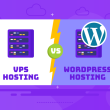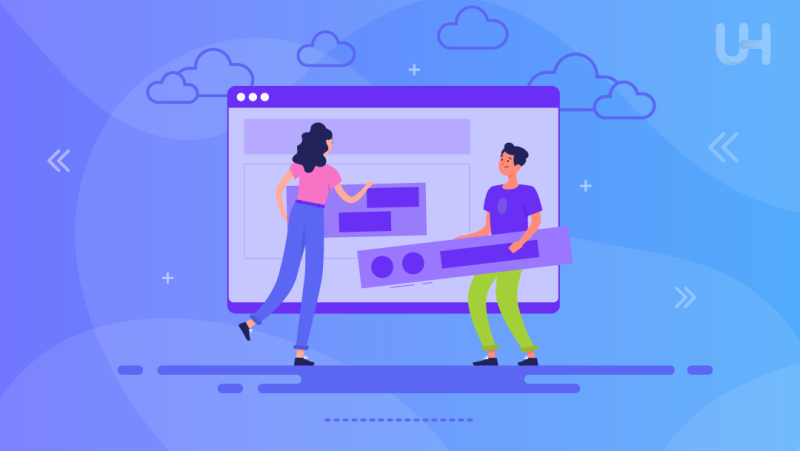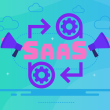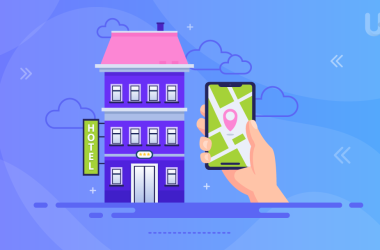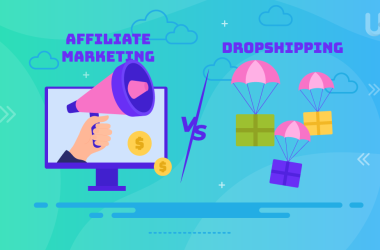Website personalization will change how businesses engage their target audiences online. It contextualizes content, recommendations, and other user experiences by individual preferences and behaviors, forming an environment relevant to visitors. This post explains website personalization, its role in converting visitors to customers, and why modern businesses need it like a breath of fresh air.
Let’s find out in this blog what is website personalization and the benefits of website personalization. Moreover, the study will examine the tools, challenges, and best practices to optimize conversions, as well as future trends. Personalization in websites helps businesses grow and satisfy their customers.
What is Website Personalization?
Personalizing websites involves tailoring the web experience based on user preferences, behavior, and demographics. It goes beyond static content to dynamically show each visitor relevant information, products, or services. Personal recommendations or targeted promotions can be made even on adaptive layouts, enhancing engagement and user satisfaction. Also, dedicated web hosting supports this by providing the necessary resources and performance to handle personalized content delivery efficiently.
Data such as browsing history, geolocation, or past interactions drive a personalized experience. But that’s not all; this enhancement in user retention and satisfaction increases conversion rates by producing relevance to the needs and interests of every single visitor for business growth and customer loyalty.
Conversion Rates Explained
Conversion rates are simply the percentages of visitors to your site who proceed to do something, from making a purchase or signing up for the newsletter to filling in forms. It’s about how the website turned visitors into customers, and the percentage is critical to digital marketing and e-commerce. A high click-through rate means many visitors are reacting, which becomes a measure of relevance, usability, and persuasiveness.
The impact on conversion rates can be created by user experience and the design of the website, clarity in the call to action, speed in loading the pages, and how best the offers align with the visitor’s expectations. Conversion rate optimization is instrumental in maximizing returns from marketing investments and attaining business goals.
Basics of Personalization
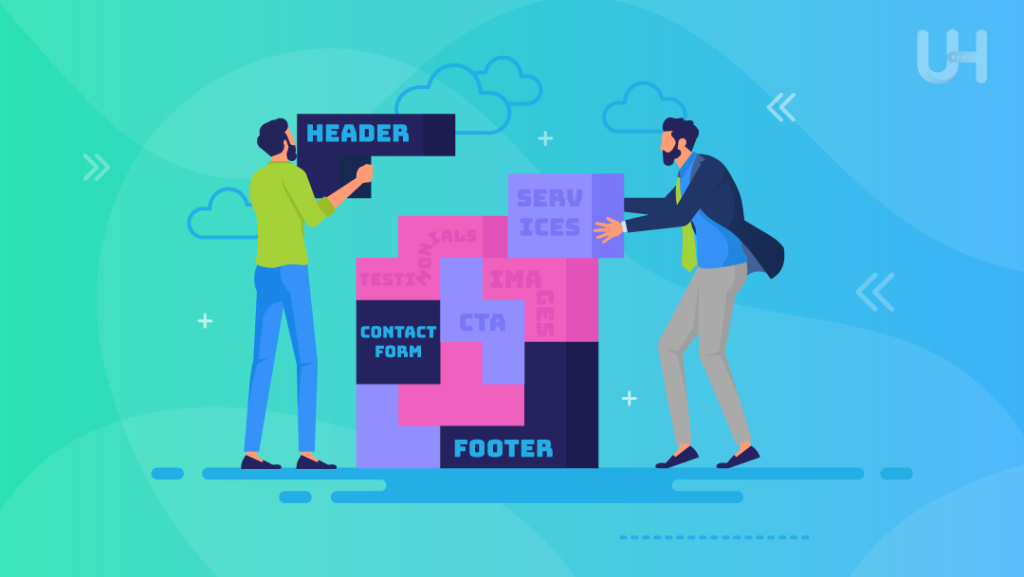
Personalization is customizing a website’s content, products, or services based on user needs and preferences. Drawing on such factors as the navigation behavior of users, their demographic data, and previous interactions, it tries to create a better user experience by delivering relevant information. This can be done through techniques such as dynamic changes in website content, product recommendations by purchase history, and personalization of messages.
Responsible for collecting and analyzing user data to enable personalization, drive an optimized journey, and improve engagement. This, in turn, allows for websites to create more personalized experiences that elevate user satisfaction, engender customer loyalty, and drive conversion rates, the core drivers of business growth and competitive advantage in the digital landscape.
Is Personalization Important?
Personalization is essential for any modern website, as it tremendously improves user experience and engagement. Making interactions relevant and enjoyable by tailoring content and recommendations according to the tastes and behaviors of each single individual creates a pleasant interaction that is relevant and responsible for heightened user satisfaction, customer loyalty, and trust. Personalized experiences relate to better conversion rates since users react better to what is exciting and suits them.
This is further supported by the integration of an unmanaged server, which provides flexibility and control over hosting resources to deliver personalized content. In addition, such personalization separates a business within highly crowded markets. Personalization is among the most critical strategies to increase customer satisfaction, retention, and business growth.
Types Of Website Personalization?
- Content Personalization: This is the process of aligning website content with users’ personal interests, preferences, and navigation history of giving relatable information.
- Product Recommendations: Receiving product suggestions based on previous purchases, browsing behavior, and customer profiles to enhance shopping experiences.
- Behavioral Targeting: Pitches the experiences of sites based distinctly on user action data, like clicks or page usages.
- Geolocation Personalisation: Content and offers are personalized according to the user’s geolocation.
- Demographic Personalization: Personalizing the experience based on a user’s age, gender, or other standard demographic measurement.
- Email Personalization: Sending emails with tailor-made contact content for user interaction tracking, satisfaction, and experience.
Successful Case Studies
Successful case studies exemplify companies that have executed personalization strategies most effectively to realize overwhelmingly positive results. This reflects how organizations use data to customize the user experience, increase engagement, improve conversion rates, and build brand loyalty. For example, recommendation engines in e-commerce giants like Amazon drive sales, while streaming services like Netflix recommend content that retains subscribers and uses many types of website personalization.
These case studies demonstrate best practices and the impact of personalization on business performance. Other businesses can learn from these successes by understanding how similar strategies have been applied to improve user experiences and drive comparable outcomes.
Get Reliable Hosting For Website Personalization!
Kickstart your personalization with a cheap hosting plan. This affordable hosting price includes cPanel free support and unlimited bandwidth, a low cost for an excellent service with easy setup and controls, and a fantastic option for beginners.
Tools for Personalization
Personalization tools help a lot when delivering customized user experiences. These include customer data platforms (CDPs) for collecting and analyzing user data from various sources and content management systems that provide dynamic content. Marketing automation software assists in segmenting audiences and tailoring messaging; recommendation engines recommend specific products based on user behavior.
Applying A/B testing tools can support several personalization strategies by determining the most effective one. Analytics platforms record and measure personalization activities that may be useful while seeking insights to optimize. Enterprises are empowered through such information to develop more relevant interactional activities between customers and a business.
Challenges to Consider
Implementing personalization comes with challenges that businesses must consider. Data privacy concerns are paramount, requiring compliance with regulations like GDPR and CCPA to protect user information. Data accuracy is crucial, as incorrect data can lead to irrelevant personalization and poor user experiences. Integrating personalization tools with existing systems can be complex and resource-intensive.
Additionally, balancing personalization with user privacy and avoiding over-personalization, which may feel intrusive, are critical. Managing these challenges requires careful planning, robust technology, and a clear understanding of user expectations. Overcoming these obstacles is essential for delivering practical and respectful personalized experiences that drive positive outcomes.
Best Practices for Conversion
These techniques ultimately convert visitors into customers to nurture your leads. Ensure an optimum user experience on your website, including fast response, mobile-friendliness, and easy navigation. Incorporate apparent calls to action (CTAs) into your design to direct users toward specific actions. Tailor content interests or relevance to the user’s profile for further engaging interactions.
Run A/B testing to know what design iteration or content variation works best. To build trust, simplify checkout to reduce cart abandonment and add social proof such as reviews or testimonials. Keep developing a sense of interest concerning user behavior and feedback to further optimize your conversion strategies for improved results.
Future Of Personalization
The future of personalization will be marked by a general increase in precision and dynamism: more sophisticated user experiences will be powered by artificial intelligence and machine learning. It will be a time of hyper-personalization, featuring extracted insights through real-time data analysis and instantly tailored content. Next, the more significant roles that voice and visual search will take on further stipulate personalized interactions across new mediums.
Such developments will raise awareness of privacy concerns, forcing secure and transparent data practices to ensue. Predictive analytics will second-guess the user’s requirements, hence making proactive recommendations. In general, personalization in the future will be inтомatically creating frictionless, intuitive, and powerfully relevant user experiences that build deeper relationships between businesses and their customers, foster continued engagement, and fuel growth.
Conclusion
Website personalization is a powerful approach that improves user experience and engagement and increases conversion rates. Business enterprises can personalize content based on users’ predispositions, behaviors, and preferences for a more relevant and compelling interaction. Integrating tools like the NVMe server can enhance website speed and performance, which is crucial for delivering personalized content efficiently.
A challenge that includes data privacy and integration will elude you, but the benefits derived from personalization make it all worth it for you. Case studies have been very successful, and many tools exist to facilitate such implementation. As fast-changing technology evolves, more sophisticated and impactful approaches will be needed. Finally, personalization is critical to staying competitive and having long-term customer relationships in today’s information age.
Fully personalize your website with UltaHost’s managed Cloudflare hosting with 24/7 unlimited support. This hosting service utilizes the Cloudflare Content Delivery Network (CDN) to enhance the security and speed of your website.
FAQ
What is website personalization?
Personalization of a website refers to changing an individual’s experience with the web according to his preference, activity, and demographics in order to maximize engagement and satisfaction.
How does the personalization of a website impact conversion rates?
Personalize content and recommendations to increase relevance to users for increased conversion rates by guiding them toward actions that are in the best interest of users.
What is the key benefit of implementing website personalization?
Benefits include increased user retention, improved customer satisfaction, increased conversion rates, and increased brand loyalty because of more personalized user experiences.
Which tools are used for website personalization?
Tools like customer data platforms, content management systems, and marketing automation software are critical components in website personalization.
What are some of the challenges that businesses face in website personalization?
Challenges will include managing data privacy compliance, seamlessly integrating personalization tools, and maintaining the delicate balance of personalization against user privacy preferences.




